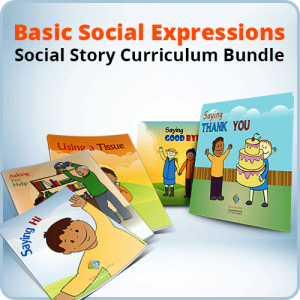Knowing the Process of Applying for Funding
Parents with children diagnosed with autism spectrum disorder may apply for funds from various grant programs. There are many non-profit organizations that are dedicated to providing financial help for families with diagnosed children. The grant providers help families that are not covered or only partially covered by commercial health insurance schemes.
The number of funds that are provided by a grant provider may also vary from one case to another. These foundations may have their own fund application processes, so it is important to learn the funding procedure specific to each grant provider a parent will be inquiring to.
In almost all cases, parents apply for funds from grant providers by filling out application forms. To apply for the funds one may have to meet certain criteria that are fixed by the grant providers. These may be related to the child’s age, the type and coverage of any commercial or employer-provided health insurance plan, the potential of the medical service provider, financial income, and so on.
It is important to make sure all the items listed in the funding providers’ checklist are met. These might include (but are not limited to) the social security number of the child, the details of the child’s health insurance plan, what physicians the child has seen, and more. Read the application form and checklist of the grant provider, understand exactly what the provider’s criteria are. Before submitting completed forms to any grant provider, review what services the grant can be used for and prioritize the list of providers to decide which ones are best able to help the child develop to his or her maximum potential.
Once a grant has been received from one provider it may be difficult or impossible to receive grants from others. The medical providers should be able to provide all the treatment therapies specifically prescribed by the child’s doctor. Most grant providers pay for ABA therapy, biomedical treatment, occupational therapy, Auditory Integration Training, speech therapy, social programs, and medication.
Once an application is submitted to a provider the application is reviewed and approved if it meets their expectations. The grant funds will help pay for the approved treatment services and items after health insurance pays for all covered services and materials. The funds will not be paid directly to the parents or child. One will need to submit invoices to the fund providers for the approved treatments, which are not covered by a commercial health insurance plan. After the invoices are submitted, the funds are paid to the service provider directly.
Copyright © by Special Learning Inc. All right reserved.
No part of this article may be reproduced in any manner whatsoever without written permission except in the case of brief quotations embodied in critical articles and reviews. For information, contact Special Learning Inc., at: contact@special-learning.com








